South Africa leads the way with voluntary ESG reporting
- October 9, 2024
- 4 minutes
Since early 2018, when the Companies and Intellectual Property Commission (CIPC) in South Africa announced the implementation of the XBRL standard (eXtensible Business Reporting Language) for digital business reporting, the regulator supported the submission of electronic format of annual returns prepared according to various reporting regimes. These include International Financial Reporting Standards (IFRS), IFRS for Small and Medium Enterprises (IFRS SMEs), Standards of Generally Recognised Accounting Practice (GRAP), and the Co-operatives Act (COOP).
Building on the success of the initial taxonomy rollout, the CIPC opted to broaden the scope of the digital taxonomy to encompass other standards, including those related to implementing digital sustainability reporting.
Moving ahead, the CIPC made a groundbreaking move by becoming the first regulator globally, as it appears, to incorporate sustainability disclosures module following the the International Sustainability Standards Board’s (ISSB) S1 and S2 standards—commonly referred to as IFRS Sustainability Taxonomy. This innovative integration enables a more streamlined, accurate, and transparent approach to sustainability reporting, setting a new benchmark for regulatory frameworks worldwide.
After the South African Institute of Chartered Accountants (SAICA) in collaboration with the Johannesburg Stock Exchange (JSE), hosted the South African leg of the global introduction of the ISSB’s first two Sustainability Disclosure Standards in 2023, the CIPC developed the framework to enable voluntary sustainability disclosures through digital reporting. The 2024 Final CIPC taxonomy was released on 1 October, offering companies the structured framework for reporting their environmental, social, and governance (ESG) performance.
Looking ahead, South Africa is anticipating legislative changes to Section 29 of the Companies Act No. 71 of 2008, which would make sustainability disclosures fully mandatory. Once implemented, this mandate is expected to significantly improve the quality of ESG data submitted to the CIPC, allowing for more comprehensive insights into corporate ESG performance and enhancing overall transparency in the business environment.

On 2 October 2024, Michal Zubrycki, Head of Technical Reporting Standards Practice at BR-AG, gave a presentation at the ESG Africa Conference held in Sandton Convention Centre, Johannesburg.
Together with the CIPC team, they made an important announcement about the application of the S1/S2 standards from the ISSB (IFRS) in South Africa, leveraging the power of the XBRL standard.
Reach out to us to learn more about South Africa’s standardized approach to ESG reporting:
Why ESG reporting is gaining momentum
Several key factors are driving the rapid adoption of ESG reporting in South Africa:
- Investor Demand: Investors increasingly favor companies with strong ESG practices, viewing them as more sustainable and less risky. This growing demand for responsible investments has heightened the importance of transparent ESG disclosures.
- Regulatory Influence: Global frameworks like the EU’s Corporate Sustainability Reporting Directive (CSRD) are influencing ESG reporting standards worldwide. While not yet directly applicable in South Africa, such regulations could shape future local legislation.
- Reputation and Consumer Demand: Consumers are more environmentally and socially conscious than ever before. Companies that demonstrate strong ESG performance can enhance their reputation, attract more loyal customers, and bolster their brand image.
Why XBRL is essential for financial and ESG reporting
One of the key challenges regulators worldwide face is the difficulty in easily and accurately comparing financial data across jurisdictions. The XBRL standard addresses this by providing a standardized, machine-readable format for data reporting, enabling seamless cross-border analysis and comparison.
Since the CIPC mandated digital reporting for qualifying entities in 2018, South Africa has benefited from the ability to analyze financial data across sectors and currencies using global standards. By adopting XBRL, the CIPC has reduced human error, streamlined the reporting process, and improved data quality.
To successfully implement its XBRL reporting system, the CIPC relied on expert support from BR-AG to develop a robust taxonomy aligned with IFRS, as defined by the International Accounting Standards Board (IASB), and the ISSB’s S1/S2 standards for sustainability reporting.
The transition from unstructured PDF files to machine-readable Inline XBRL (iXBRL) significantly improved data validation processes. With built-in validation rules, CIPC’s system now automatically ensures compliance with both technical and business standards.
It’s encouraging to see how the successful adoption of XBRL in South Africa has improved the accuracy, availability, and standardization of financial reports, and now extends to digital sustainability disclosures. Moreover, by improving data quality and streamlining the reporting process, the implementation of the XBRL open data format has helped position South Africa as a favorable investment destination, contributing to a continually improving ease of doing business score.
The CIPC's XBRL implementation: A success story
The success of South Africa’s digital reporting initiative illustrates how regulatory bodies can harness technology to enhance transparency, streamline operations, and establish themselves as leaders in global best practices for financial and ESG reporting.
By teaming up with our experts in 2018, the CIPC embarked on a journey towards digital business reporting. Together, we successfully implemented the XBRL standard to streamline data quality, enhance compliance, and significantly reduce the cost, time, and effort required to meet various reporting obligations.
Discover how this project was implemented and how it continues to drive positive change today:


